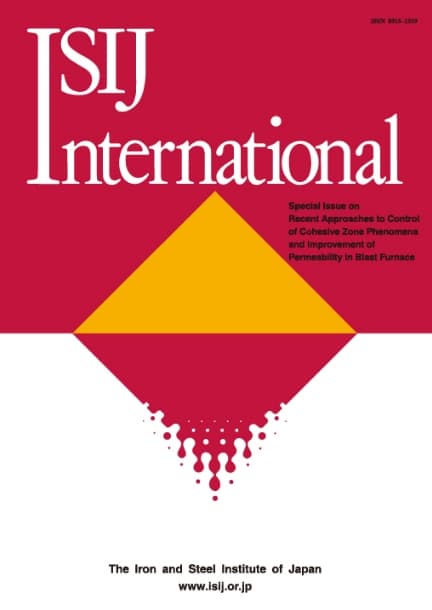A Review of Fluorine-free Mold Flux Development
Wanlin Wang, Dexiang Cai, Lei Zhang
pp. 1957-1964
Abstract
More than 95% of crude steel has been produced through the process of continuous casting technology, in which mold flux plays important roles inside the mold. As conventional mold flux system contains certain amount of fluorides that tend to be evaporated and cause the corrosion of casting facilities and environmental pollutions etc. It is urgent to optimize the mold flux composition without fluorides for the continuous casting process. In this review paper, the substitutes for fluorides in mold flux are summarized via two main strategies: TiO2 and B2O3 based additives. Among them, CaO–SiO2–Al2O3–Na2O–B2O3 based fluoride-free (F-free) mold flux system shows great potential to replace conventional mold flux that can be widely used in the process of continuous casting, as the precipitated phase-Ca11Si4B2O22 has the most similar crystallization behavior to cuspidine in conventional mold flux, which can effectively control the horizontal heat transfer and reduce the occurrence of longitudinal cracks. This paper would provide technical guidance and research direction for the design and study of efficient environment-friendly F-free mold flux.
Readers Who Read This Article Also Read
ISIJ International Vol.58(2018), No.11
ISIJ International Vol.58(2018), No.11
ISIJ International Vol.58(2018), No.9










